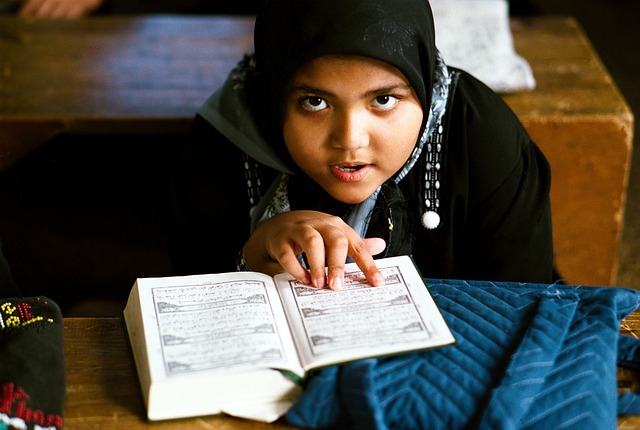In our increasingly diverse and globalized world, the role of religious education has become a pivotal aspect of moral development. Many individuals, regardless of their faith, can attest to the profound influence that religious teachings have on shaping their values and ethical frameworks. While some may argue that morality can be cultivated outside of religious contexts, the intersection of religious education and morality remains a topic worthy of exploration.
Religious education serves not just as a curricular component for many schools, but as a foundational pillar for instilling a sense of right and wrong. Through the teachings found in sacred texts, individuals learn the importance of compassion, honesty, and justice. These teachings are often interwoven with stories and parables that resonate deeply within the human experience, making complex moral situations more comprehensible.
One of the remarkable aspects of religious education is its ability to foster empathy and understanding among individuals. When students engage with the ethical teachings of different religions, they are not only learning about faith but also about the shared human experience. Through discussions around love, forgiveness, and respect for others, religious education encourages individuals to extend their moral frameworks beyond personal beliefs, fostering a culture of respect and harmony.
Moreover, religious education can serve as a beacon of hope in times of moral ambiguity. In a world where ethical dilemmas abound—ranging from issues of social justice to environmental concerns—the teachings of various faiths can provide a moral compass. Educators and religious leaders often underscore the significance of questioning and critical thinking, encouraging students to consider the broader implications of their actions while remaining grounded in their beliefs.
Additionally, the sense of community fostered by religious education is crucial for moral development. Schools and congregations serve as spaces where individuals share their experiences, grapple with their fears, and support one another in their moral journeys. This collective experience reinforces moral values and encourages individuals to hold themselves accountable within their community. By cultivating these connections, religious education helps individuals to understand that morality is not solely an individual pursuit, but a communal responsibility.
However, it is essential to recognize that the impact of religious education on morality can vary significantly across different faiths and educational implementations. Some programs may focus heavily on dogma and adherence to rules, while others emphasize discussion and application of ethical principles to contemporary issues. As such, the effectiveness of religious education in promoting moral behavior often hinges on the approach taken by educators and the openness of students to explore these ideas.
As we navigate the complexities of our modern world, the role of moral education—integrated with the lessons of religious teachings—becomes even more crucial. Individuals equipped with strong moral foundations, often established through religious education, can contribute positively to society. They can become advocates for social change, promoting justice and equality while encouraging others to reflect on their moral responsibilities.
In conclusion, the intertwining of religious education and morality is a powerful relationship that shapes not only personal beliefs but also societal norms. As we continue to explore this dynamic, it becomes increasingly vital to recognize how religious teachings contribute to moral growth, fostering empathy and understanding in a world that desperately needs it.




